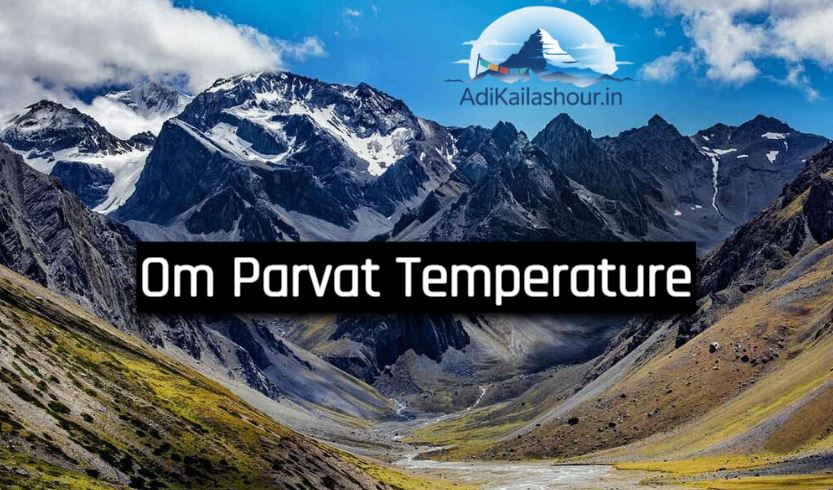
- Temperature
- Precipitation
- Rain Chance
- Wind
- Humidity
- Pressure
Om Parvat, a sacred mountain near Adi Kailash in the Kumaon region of Uttarakhand, is famous for the natural snow formation resembling the “Om” symbol. The temperature around Om Parvat varies significantly with the seasons, reflecting typical high Himalayan climatic patterns.
Seasonal Temperature Overview
Summer Temperature
During the summer months, especially from May to June, temperatures at Om Parvat remain pleasant and moderate. Daytime temperatures hover around 25 to 27 degrees Celsius, while nighttime temperatures can drop to approximately 18 to 21 degrees Celsius. The weather during this time is considered the best for visiting Om Parvat, with clear skies and minimal risk of landslides.
Monsoon Season Temperature
The monsoon period, mainly July to August, brings moderate temperatures around 25 degrees Celsius during the day and about 18 degrees Celsius at night. However, heavy rainfall during this time makes trekking and travel more challenging, and extra caution is advised.
Post-Monsoon and Autumn Temperature
The post-monsoon or autumn season, from September to mid-October, sees a drop in temperature, making the atmosphere crisp and pleasant for pilgrimage. Daytime temperatures here fall to around 20 degrees Celsius, while nights can be quite cold, dropping to about 4 degrees Celsius. This period offers some of the clearest mountain views.
Winter Temperature
Winters from November to April are harsh and extremely cold at Om Parvat. Temperatures can plummet below freezing, ranging between -6 to -30 degrees Celsius. Heavy snowfall and icy winds during this season typically lead to road closures, making travel unsafe and generally not recommended.
Best Time to Visit Considering Temperature
Due to the wide temperature variations, the best time to visit Om Parvat is during the late spring and early summer months (May to June) or the post-monsoon autumn season (September to mid-October). These months offer mild daytime temperatures suitable for trekking with lower risk from weather-related hazards.
Additional Temperature Considerations
Despite moderate daytime temperatures in summer and autumn, it is important to carry warm clothing since temperatures can drop sharply after sunset. The high-altitude sun intensity also requires protection such as hats and sunscreen during the day. Travelers should always be prepared for sudden weather changes common in mountainous terrain.

